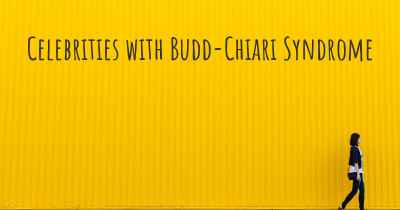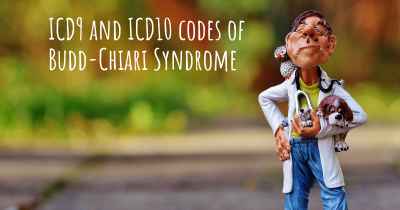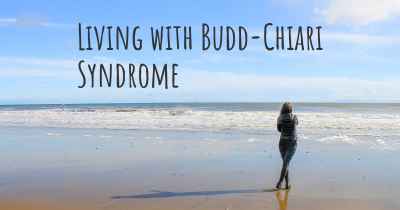What are the best treatments for Budd-Chiari Syndrome?
See the best treatments for Budd-Chiari Syndrome here

Budd-Chiari Syndrome (BCS) is a rare condition characterized by the obstruction of the hepatic veins, which carry blood from the liver back to the heart. This obstruction can lead to liver damage and various complications. The treatment approach for BCS depends on the underlying cause, severity of symptoms, and the extent of liver damage.
1. Medical Management:
In mild cases of BCS, where the obstruction is not severe and liver function is relatively preserved, medical management may be the primary treatment option. This involves:
- Anticoagulation therapy: Blood-thinning medications such as heparin or warfarin are prescribed to prevent blood clot formation and reduce the risk of further obstruction.
- Diuretics: Medications like spironolactone or furosemide may be prescribed to manage fluid retention and reduce swelling.
- Low-sodium diet: Restricting sodium intake can help manage fluid retention and reduce the workload on the liver.
- Monitoring: Regular follow-up visits and imaging tests are necessary to assess the progression of the disease and adjust the treatment plan accordingly.
2. Minimally Invasive Procedures:
If medical management alone is insufficient or if the condition worsens, minimally invasive procedures may be recommended. These procedures aim to relieve the obstruction and restore normal blood flow. Some common interventions include:
- Transjugular intrahepatic portosystemic shunt (TIPS): This procedure involves creating a shunt between the portal vein and hepatic vein to bypass the obstruction. It helps reduce portal hypertension and improves blood flow.
- Angioplasty and stenting: In cases where the hepatic veins are narrowed or blocked, angioplasty may be performed to widen the vessels. A stent is then placed to keep the vein open and maintain blood flow.
- Thrombolysis: If a blood clot is causing the obstruction, thrombolysis may be performed to dissolve the clot using medications delivered directly into the affected vein.
3. Surgical Interventions:
In more severe cases of BCS or when minimally invasive procedures are not feasible, surgery may be required. Surgical options include:
- Shunt surgery: A surgical shunt is created to bypass the blocked hepatic veins, allowing blood to flow directly into the inferior vena cava. This helps relieve the obstruction and reduce symptoms.
- Liver transplantation: In cases of advanced liver damage or failure, liver transplantation may be considered. This involves replacing the diseased liver with a healthy liver from a donor.
4. Symptom Management:
Regardless of the chosen treatment approach, symptom management plays a crucial role in improving the patient's quality of life. This may involve:
- Pain management: Medications such as nonsteroidal anti-inflammatory drugs (NSAIDs) or opioids may be prescribed to alleviate abdominal pain.
- Ascites management: If fluid accumulation in the abdomen (ascites) occurs, it may be necessary to perform paracentesis or insert a drainage catheter to remove the excess fluid.
- Nutritional support: A balanced diet, often with the guidance of a registered dietitian, can help maintain adequate nutrition and prevent malnutrition.
- Psychological support: Living with a chronic condition can be challenging, so counseling or support groups may be beneficial in managing the emotional impact of BCS.
It is important to note that the treatment of Budd-Chiari Syndrome should be individualized based on the patient's specific condition and needs. Close collaboration between hepatologists, interventional radiologists, and surgeons is often necessary to determine the most appropriate treatment strategy.
Posted Sep 22, 2020 by Girisam 3120








